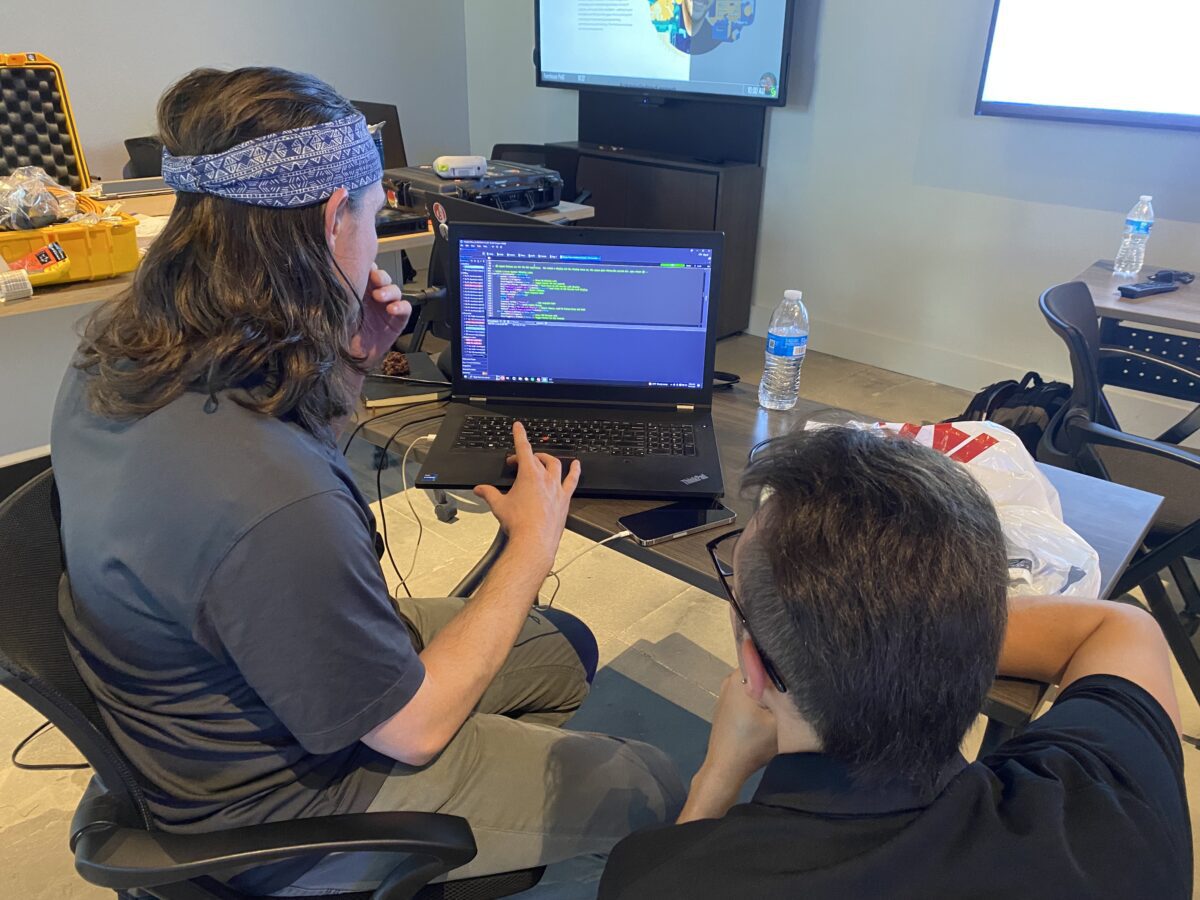News / Press
The Farm Grows FarmAssist Technical Services Division By Developing Talent In-House

The Farm showcases its commitment to attracting new talent to the AV industry by bringing in new-to-the-industry AV programmers and field engineers. Romeo Garcia and Dustin Gay are two of the latest additions to the FarmAssist technical services division straight out of school.
Both Gay and Garcia have a background in audio engineering, and while Gay has a bachelor’s in computer science, Garcia is currently finishing his at Pacific Lutheran University (PLU) in Tacoma, Wash. Gay entered The Farm through an online job application, while Garcia fast-tracked through his contacts at PLU – where he initially became with familiar with Q-SYS on campus.
Gay is set on the track to become a Q-SYS programmer and field engineer, while Garcia is specializing in the development of Q-SYS plugins. Each is going through a similar training pathway within The Farm.
The Farm takes a three-prong approach to training fresh FarmAssist programmers: mentorship, specialized training and onsite deployment and commissioning.
Gay and Garcia were paired up with mentors – in Gay’s case a local Seattle-based Regional Services Engineer named Sean Murphy, and for Garcia, remote-based plugin, UCI and application developer, Aaron Hood. Each mentor offers guidance, fields questions and offers feedback and support.
In addition to mentorship, The Farm offers a combination of online and onsite training. The audiovisual industry is full of manufacturer, technology and association-based training and The Farm developed a catalog of recommended courses called Jedi Temple Curriculum. The online training begins as a Jedi Youngling that includes courses like How Sound Works – Acoustics 101 and Wireless Basics, all the way through a Padawan Learner to achieve Jedi Knight status – complete with an AVIXA CTS Certification and Q-SYS Level 2.
While online training offers a high-level overview of a project and its components, it’s hard to imagine how it all goes together in a room, which is why it’s so essential to get the newcomers out into the field. And this can take many shapes – in-person training, like Q-SYS Level 2 and Control 201 classes that are currently offered by other FarmAssist team members – or in-the-field training on current project deployments. Both types of hands-on learning round out the FarmAssist curriculum.
“Even though it’s not perfect – and there’s always fires to put out, we try to train by mentorship, online training and in-the-field training,” says VP of Technical Services, Andrew Stanley. “We know they don’t know everything right off the bat – and that’s okay – because we’re growing them. We’re not only teaching them the technical skills, but the soft intangible skills. How to talk to people – how to communicate to contractors, customers and end-users – all at the same time. It’s a grass roots organic start, but it seems to be working for us.”
